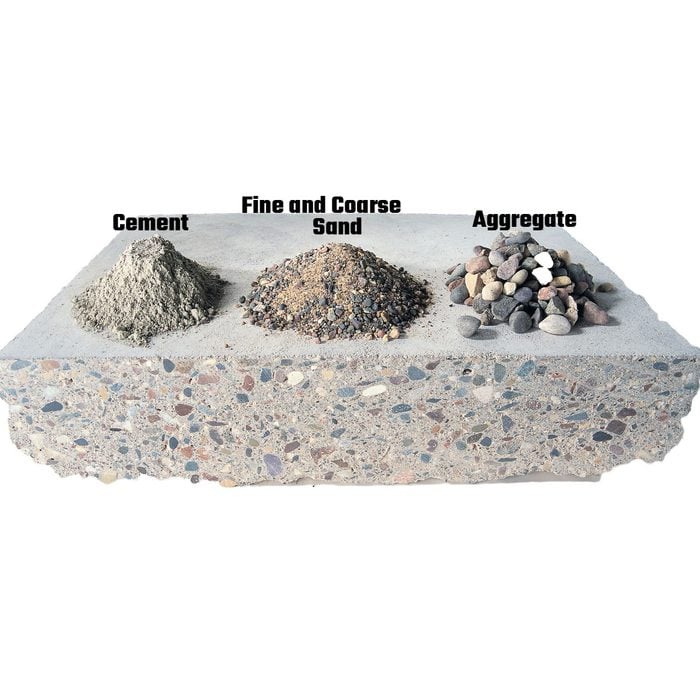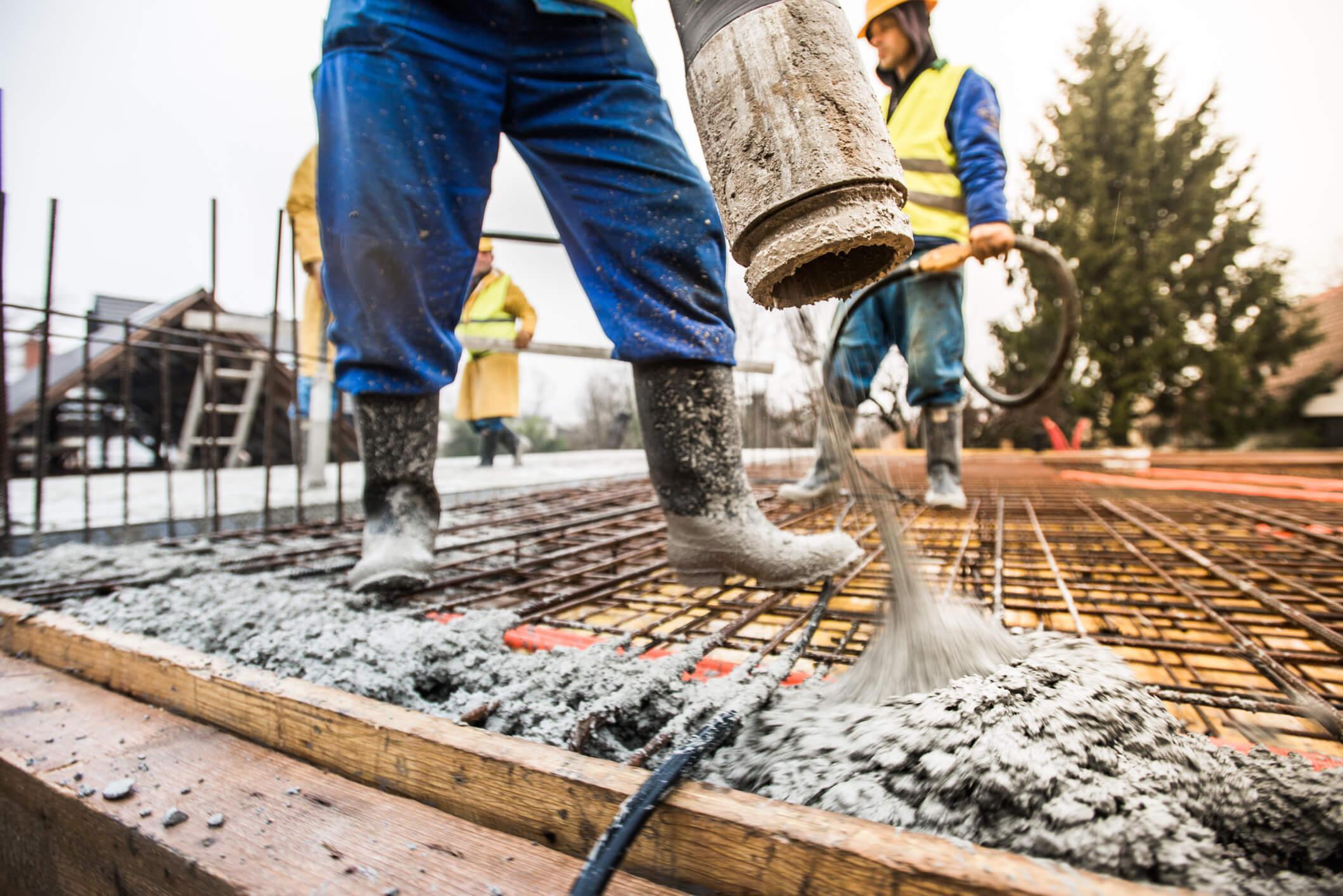Why Pick Our Concrete Services: Excellence in Every Pour
Why Pick Our Concrete Services: Excellence in Every Pour
Blog Article
Revealing the Eco-Friendly Advantages of Utilizing Recycled Concrete in Lasting Construction Practices
In the realm of sustainable construction methods, the utilization of recycled concrete stands as an essential yet usually undervalued resource. Beyond its traditional applications, recycled concrete offers a myriad of environmentally friendly benefits that expand much beyond the boundaries of typical building and construction materials. From minimizing environmental influence to improving cost-efficiency, the effects of including recycled concrete in lasting building practices are considerable. This versatile product not just addresses pushing ecological worries yet additionally offers a practical solution to the challenges encountered by the building and construction sector at large.
Environmental Advantages
Undoubtedly, among the most significant benefits of making use of recycled concrete is its favorable effect on the setting. By integrating recycled concrete into construction techniques, there is a substantial decrease in the requirement for new raw materials, causing preservation of all-natural resources. This procedure aids in preserving aggregates, water, and energy that would have been made use of in generating brand-new concrete. In addition, using recycled concrete diminishes the quantity of waste being sent to landfills, therefore lowering environmental pollution and alleviating the pressure on garbage dump capacities.

In comparison, recycled concrete has a lower carbon impact as it lowers the need for new concrete manufacturing. In general, the ecological benefits of making use of recycled concrete are substantial and play an essential duty in promoting green construction methods.
Cost-Efficiency
Attaining cost-efficiency is a critical consideration when assessing the usage of recycled concrete in building and construction jobs. Among the key benefits of making use of recycled concrete is its cost-effectiveness compared to conventional concrete. The production of recycled concrete includes much less energy and resources as it makes use of existing materials, lowering the general task costs substantially. Additionally, the accessibility of recycled concrete in your area can further reduce transport expenses, making it a much more affordable choice for building jobs.
In addition, using recycled concrete can result in cost savings in land fill prices by drawing away concrete waste from disposal sites. This not only decreases the environmental effect however also gets rid of the expenses related to waste removal. The durability and performance of recycled concrete are equivalent to conventional concrete, making certain that expense savings do not jeopardize the top quality of weblink the building.
Toughness and Stamina
Thinking about the substantial cost-efficiency advantages of using recycled concrete, it is crucial to examine its resilience and strength in building applications. Recycled concrete offers equivalent, otherwise exceptional, durability and stamina properties to typical concrete. With advancements in handling methods and high quality control, recycled concrete can meet or surpass the performance criteria of conventional concrete. The process of recycling concrete entails crushing, arranging, and screening old concrete to create aggregates that can be utilized in new building and construction jobs. These recycled aggregates can offering adequate compressive strength, toughness, and long-term efficiency.

Waste Decrease
When it comes to using recycled concrete, waste reduction is an essential benefit that contributes significantly to ecological preservation. By including recycled concrete right into building tasks, this waste is repurposed and drawn away from garbage dumps, minimizing the general environmental influence of construction activities.
Recycled concrete not only aids in lessening the amount of waste that finishes up in landfills yet likewise conserves natural sources by decreasing the demand for new accumulated materials. This process of waste decrease advertises a circular economic climate within the building industry, where materials are recycled and recycled to create an extra sustainable sector. Furthermore, using recycled concrete can result in cost financial savings for construction tasks, additional resources as it is usually more affordable than sourcing and moving new products. Finally, waste reduction with the use of recycled concrete is a vital element of lasting building methods that profits both the atmosphere and the building and construction sector all at once.
Energy Preservation
When it comes to making use of recycled concrete in construction, significant energy financial savings are attained contrasted to standard concrete production. The process of generating recycled concrete entails squashing and recycling existing concrete products, which takes in less energy than mining, handling, and moving raw products for new concrete manufacturing.
Verdict
To conclude, the usage of recycled concrete in lasting construction practices supplies numerous ecological advantages, cost-efficiency, sturdiness, strength, waste decrease, and energy conservation. By including recycled concrete into building and construction jobs, we can add to an extra ecologically pleasant and sustainable future. It is important for the building and construction market to focus on the usage of recycled materials to help in reducing the ecological impact of building and construction activities.
One of the vital advantages of making use of recycled concrete is its cost-effectiveness compared to typical concrete.Furthermore, the use of recycled concrete can lead to financial savings in landfill expenses by drawing away concrete waste from disposal sites. The longevity and efficiency of recycled concrete are similar to standard concrete, guaranteeing that price savings do not endanger the quality of the building and construction.
:max_bytes(150000):strip_icc()/GettyImages-941748918-5c7f3654c9e77c00012f82f6.jpg)
Report this page